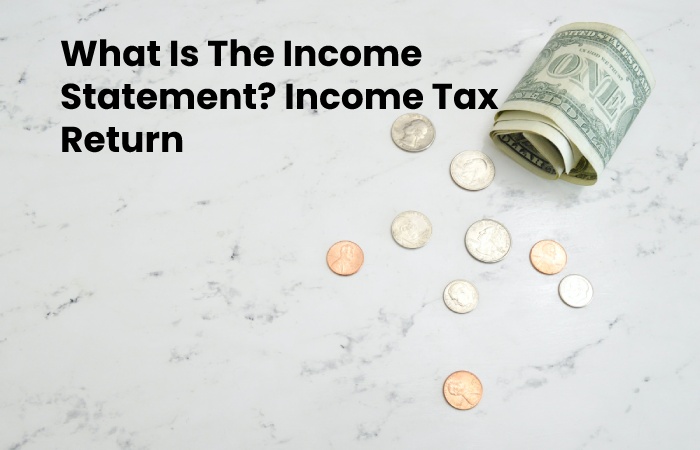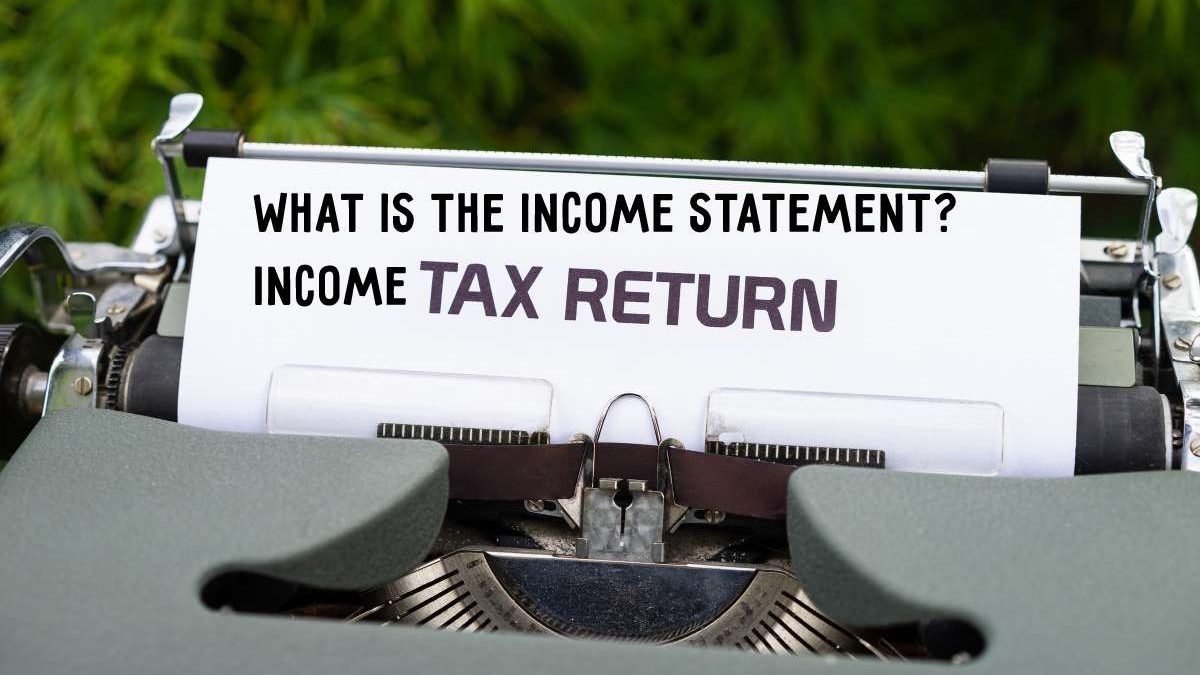The Income Statement or IRPF (Personal Income Statement Tax) is an annual procedure in which residents in Spain are obliged to regularize their situation with the Tax Agency. However, not all people have to do it since it depends on the income that has been obtained throughout the year. Since tax violations carry fines that can be significant, knowing when and in what cases it is mandatory to file the declaration is essential to avoid unforeseen expenses that may affect our financial health in the future.

- The limit will be 14,000 euros per year when:
- They come from more than one payer if the sum of the amounts received from the second and remaining payers, in order of quantity, exceeds €1,500 per year.
- Compensatory pensions have been received from the spouse or annuities for food (unless the latter comes from the parents by judicial decision).
- The payer is not oblige to withhold (for example, pensions from abroad).
- Total income from work is receive subject to a fix withholding rate.
Table of Contents
Returns On Real Estate Capital And Capital Gains
- Those who have received it in 2021 must file an income tax return.
- Returns on movable capital and capital gains are subject to withholding or payment, with the joint limit of 1,600 euros per year.
- Imputed real estate income, yields from treasury bills and subsidies for purchasing subsidized or appraised price housing and other capital gains derived from public aid, with a joint limit of 1,000 euros per year.
Causes For Not Filing The Income Statement Tax Return
However, even if the minimum is not reach. It is advisable to consult the income draft since taxpayers have the right to apply different deductions or reductions and to receive, if applicable, a refund.
Likewise, they are oblige to declare all the holders of the minimum vital income and all the members of the cohabitation unit, regardless of whether or not they meet the above requirements.
On the other hand, all the self-employed who carry out an economic activity are obliged by law to present the IRPF declaration, whether or not they reach the established minimums or even if they have losses.
What Happens If You Are Obligate And Do Not Make The Declaration?
According to current tax regulations, tax violations are classified into minor, serious, and very serious. The most common would be: evading the payment of taxes. Obtaining undue returns, omitting tax income, enjoying excessive tax benefits, or not filing the income tax return. To determine what type of fault the taxpayer has commitment. The law considers whether the person has hidden data or used means fraudulently.
Likewise, there are different sanctions depending on the infraction commit. For example, this may be not submitting the declaration on time without economic damage to the Treasury, in which case the crime could lead to a fine of 200 euros. Or if the debt derive from the submit self-assessment is not pay. Which will depend on whether the debt is finally pay voluntarily or upon request of the Tax Administration.
List of surcharges Income Statement
If the declaration has file and it goes out to pay the taxpayer but does not. The Treasury will impose a series of surcharges depending on the time it takes to make the payment:
- Before three months – the tax will be 5% of the deposit amount.
- Between 3 and 6 months – the surcharge will be 10% of the deposit amount.
- Between 6 and 12 months – the tax will be 15% of the deposit amount.
- Payment for more than 12 months – the surcharge will be 20% of the amount to be deposit. Plus the corresponding default interest.
If the Tax Administration is the one who detects that the taxpayer has not pay. And has no intention of doing so, it will apply sanctions. And also can range from 50% to 150% of the amount to pay, plus default interest. Depending on the seriousness of the infraction. Therefore. No penalties are impose but surcharges for a late declaration if the debt is entered after the deadline without prior requirements.
Other Offences Income Statement
On the other hand, there are other infractions. Such as failing to comply with accounting obligations or having ‘B’ accounts for the same activity and year. Or falsifying the accounting books, the (autonomous) record books or the amounts. Or concealing operations and posting incorrect accounts. These actions will be sanction based on their classification as minor. Severe or very serious by the Tax Administration with high amounts.
The Treasury imposes the sanctions above to detect irregularities in a person’s income statement and other tax obligations. In addition to regularizing the taxpayer’s tax situation. It is to sanction the willful or negligent actions or omissions with. Any degree of negligence carried out by the taxpayer above.
Financial Health, BBVA’s Strategic Priority
Good personal, family or business financial health is key to facing. Unforeseen events and facing the plans to which one aspires.
BBVA believes that improving financial well-being should be within everyone’s reach. And for this reason, It has financial health one of its six strategic priorities. In addition. The entity wants to support people and companies on their way to achieving economic well-being through personalized solutions. Motivating and empowering them to increase their peace of mind and security.
In addition, the bank understands financial health as a four-step journey, which begins with day-to-day control, continues with savings, continues with debt management and ends with planning for the future. Many of the tools to accompany customers on this journey are offer through its mobile application, which combines the power of technology, data. And its human team’s experience.
To help its customers meet their goals and live with peace of mind throughout all stages of life. BBVA offers them advice on savings and investment products. And solutions that add value and knowledge for better management of their assets.

